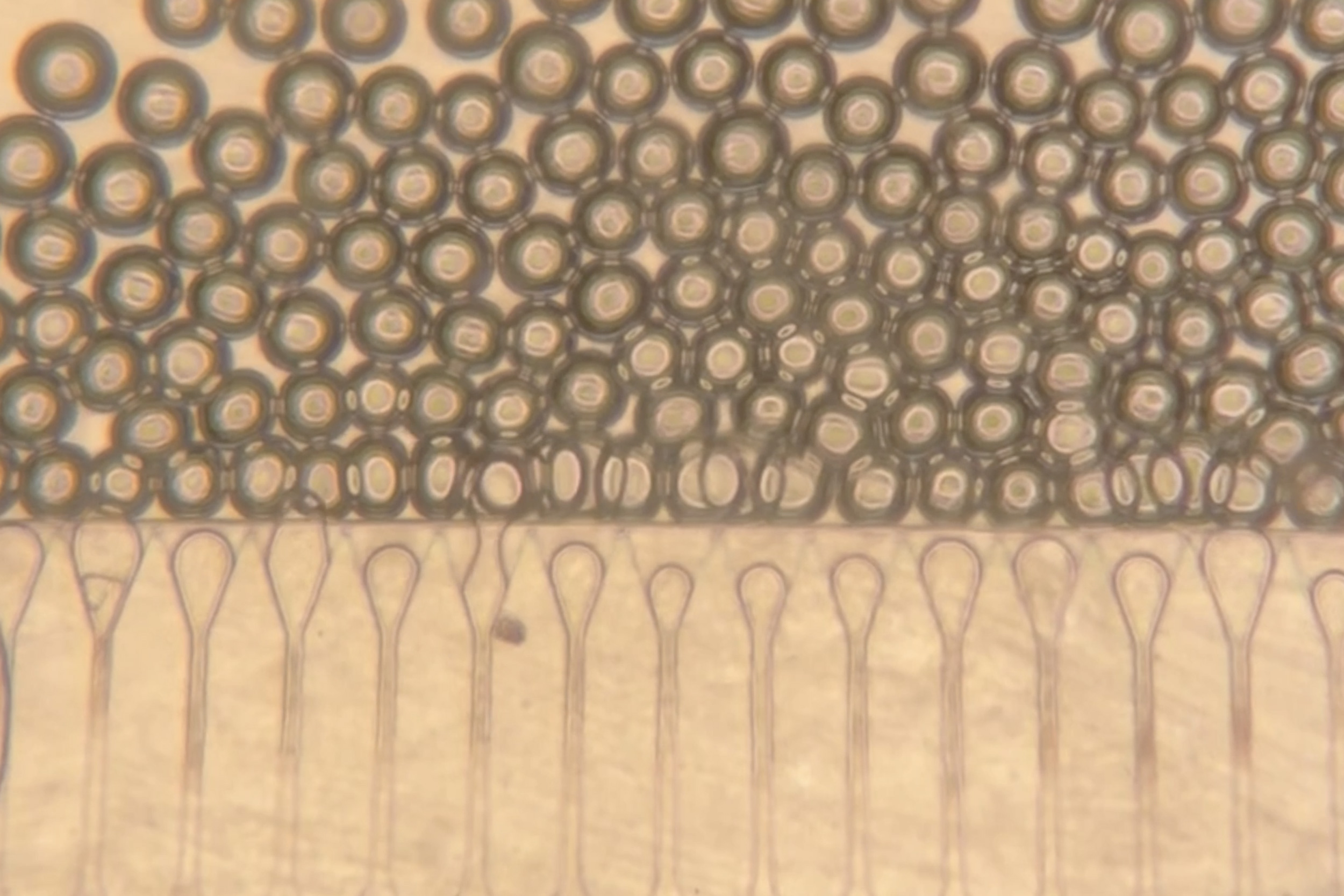
The Michael J. Fox Foundation has awarded a significant grant to support groundbreaking Parkinson’s disease research at Karolinska Institutet, Sweden. This funding aims to advance the work of Professor Andrea Varrone, a leading expert in molecular PET (positron emission tomography), whose innovative techniques promise to enhance the understanding and diagnosis of neurodegenerative diseases.
Professor Varrone’s research utilizes PET imaging to explore the effects of Parkinson’s on the brain. By injecting a radioligand tracer, [11C]UCB-1A, his team can visualize synapses, which are crucial connections between neurons. This tracer, developed by Varrone’s group, offers unprecedented insights into the loss of synapses that occurs in Parkinson’s disease.
“This is an important step forward both for my research and for the field in general,” said Professor Varrone. “Given that synapses are lost during Parkinson’s disease, our tracer has enormous potential when it comes to increasing our understanding of the disease mechanisms and judging if new treatments can retard this loss.”
Innovative Techniques and Promising Outcomes
The study, now funded by the Michael J. Fox Foundation, involves both healthy participants and those diagnosed with Parkinson’s disease. If successful, it could lead to the development of a new diagnostic tool that enables earlier detection and more effective treatment strategies.
“The results can enable earlier diagnosis and improved evaluation of new therapies and, ultimately, contribute to more effective, personalised care,” Professor Varrone added.
Strategic Collaborations and Infrastructure
The research is bolstered by the advanced infrastructure at Karolinska Institutet and the imaging core facilities in Bioclinicum. Professor Varrone emphasizes the importance of the collaborative environment that links his laboratory with the Nya Karolinska Hospital and the Academic Specialist Centre (ARC).
“Our strategic location close to Nya Karolinska Hospital allows the close collaboration of preclinical and clinical research, without which we would not be able to rapidly translate new discoveries into patient benefit,” he explained.
Implications for Parkinson’s Disease Treatment
This development represents a crucial advancement in the ongoing battle against Parkinson’s disease. If the study confirms the reliability of the method, it could become an essential component in understanding and combating this debilitating condition.
According to the Parkinson’s Foundation, nearly 10 million people worldwide are living with Parkinson’s disease, a progressive disorder that affects movement and can lead to severe physical and cognitive impairments. The need for early diagnosis and effective treatment is more pressing than ever.
Looking Ahead: The Future of Parkinson’s Research
The Michael J. Fox Foundation’s support underscores the potential impact of Professor Varrone’s work. As research progresses, the hope is that these innovative techniques will not only improve diagnostic capabilities but also pave the way for more personalized and effective treatment options.
The broader scientific community is watching closely, as breakthroughs in this area could have far-reaching implications for other neurodegenerative diseases as well. The success of this study could inspire similar approaches in tackling conditions like Alzheimer’s disease, where early detection and intervention are equally critical.
The next steps involve rigorous testing and validation of the PET technique in diverse patient populations. If successful, it could revolutionize the way Parkinson’s disease is diagnosed and treated, offering new hope to millions of patients and their families worldwide.




